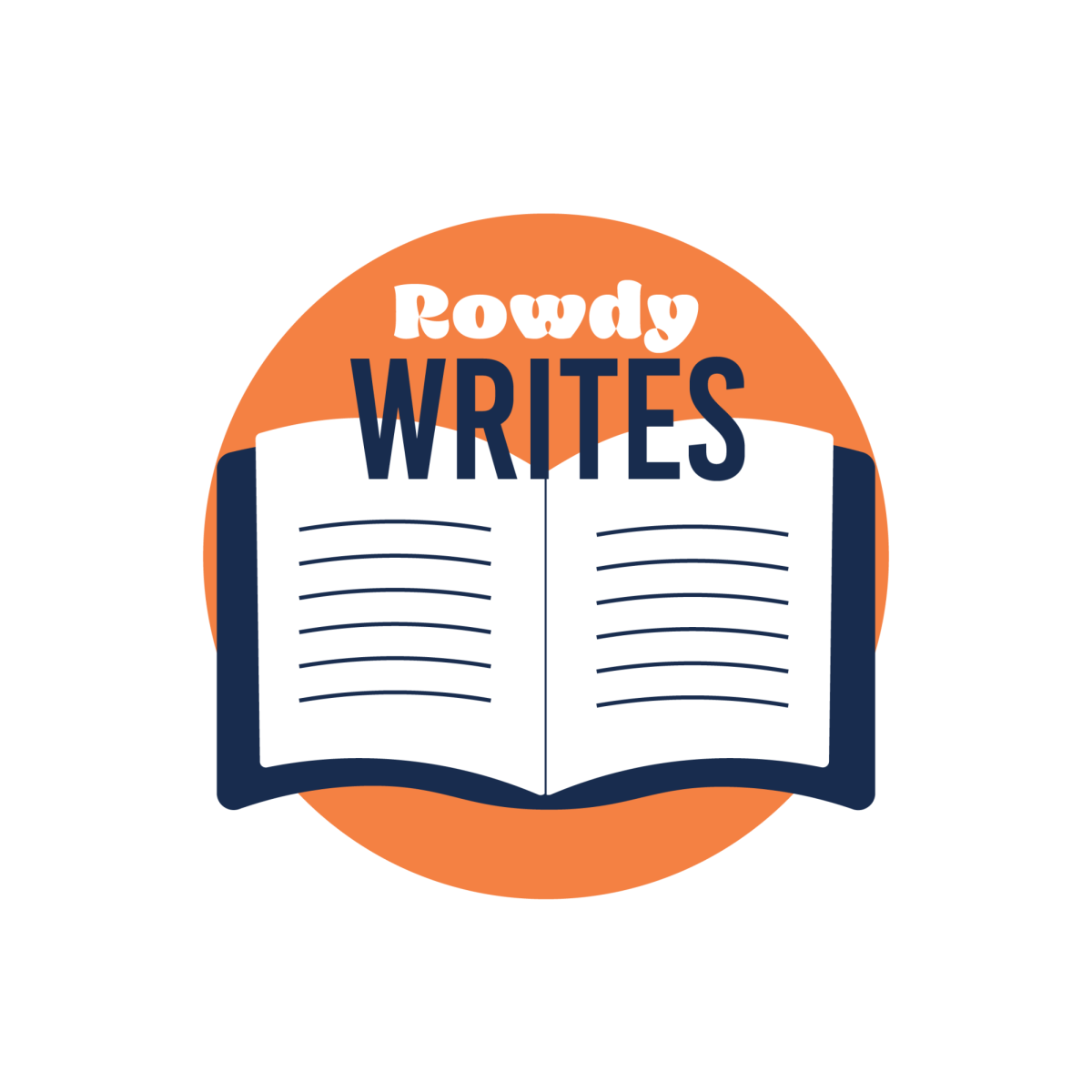

Photo Courtesy of Ulf Anderson/ Getty Images
Award-winning author Ben Fountain spoke at UTSA’s Main Campus on Friday, October 11 as part of the Creative Writing Reading Series. Before Fountain read to an audience in the Business Building University Room at 7:30 p.m., he held a more intimate meeting with an audience of 13, made up of students and professors.
During the hour-long chat session, Fountain talked about his career as a practicing lawyer, his inspirations and his recent novel “Billy Lynn’s Long Halftime Walk,” which won the National Book Critics Circle Award for Fiction in 2012.
Fountain has received multiple awards for his work, including the PEN/Hemingway Award, the Barnes & Noble Discover Award for Fiction, a Whiting Writers Award, two O. Henry Awards and two Pushcart Prizes. His fiction has been published in The Paris Review and his nonfiction has appeared in The New York Times and The New York Times Sunday Magazine. Fountain reported on the earthquake Haiti in 2012 and was nationally broadcast on the PRI (Public Radio International) distributed radio show “This American Life.”
Fountain received a Bachelor’s in English from the University of North Carolina at Chapel Hill in 1980 and a law degree from the School of Law at Duke University in 1983. Fountain was a practicing attorney for five years before he retired to focus on his writing.
Fountain’s first work, “Brief Encounters with Che Guevara: Stories,” a collection of short stories, was met with critical acclaim and won numerous awards, including multiple Texas Institute of Letters Short Story Awards, and the O. Henry Award and Hemingway Foundations award. His work was also included in “New Stories from the South” in 2006.
“Billy Lynn’s Long Halftime Walk” is a politically driven novel centered around the Iraq war and the disconnect between what is going on overseas and what the citizens of the United States actually know.
One of the most important aspects of the book is Texas Stadium, which was demolished in 2010. Texas Stadium used to be home to the Dallas Cowboys, who also play a role in the novel, before Cowboys Stadium was constructed in 2009. Fountain was asked if he had ever actually been to Texas Stadium. “No,” Fountain said; he constructed the interior of the stadium and the Cowboys locker room from printed layouts of the building, low-quality YouTube videos and the memories of the stadium’s frequent attendees.
Fountain was asked about the political aspects of the novel. It was proposed that in its political nature, some of those ideals had to have been an interpretation of Fountain’s own political interests. Fountain explained his feelings over the time he spent writing the novel; he expressed his feelings towards how the United States reacted to the events of September 11, 2001, how the response involved war. “I don’t understand America,” says Fountain.
He admitted that the novel is overtly political — “It’s a war novel, how could it not be?” — but he expressed his concerns for how the political aspects would be interpreted by the reader. Fountain stated that he hoped those views came out organically through the characters themselves; he said that if it had been a direct interpretation of his own views “That would be the death of a book, to come at it from a polemical point of view.”
“Billy Lynn’s Long Halftime Walk” has been adapted for the big screen by “Slumdog Millionaire” screenwriter Simon Beaufoy. There has been no news of when it will go into production, but the film has been picked up by Film4 productions, who produced “Shame” and the upcoming “12 Years of Slave.”






